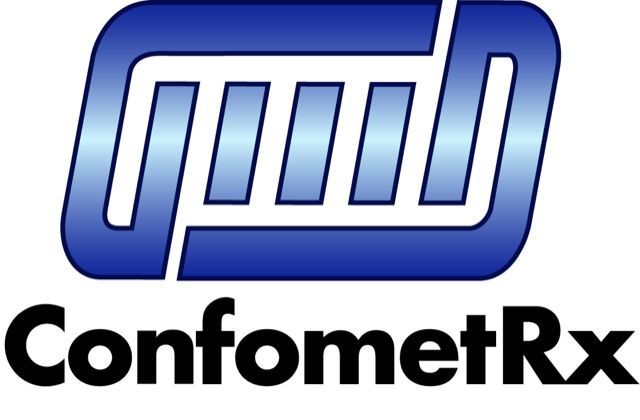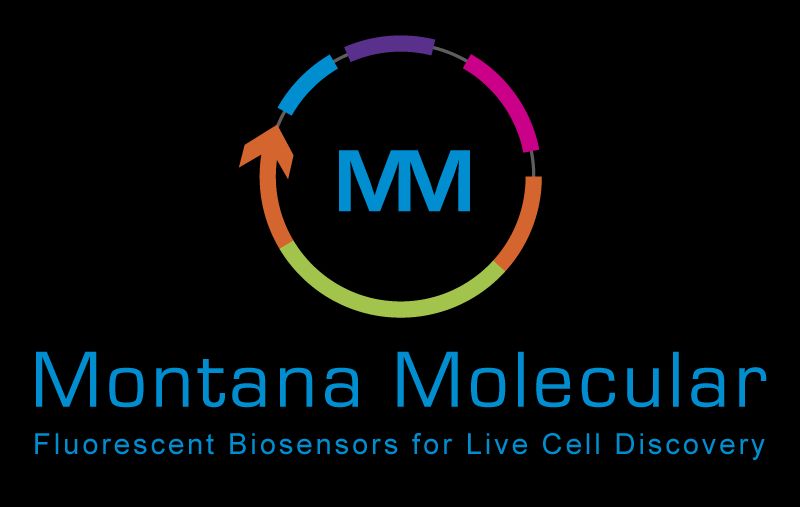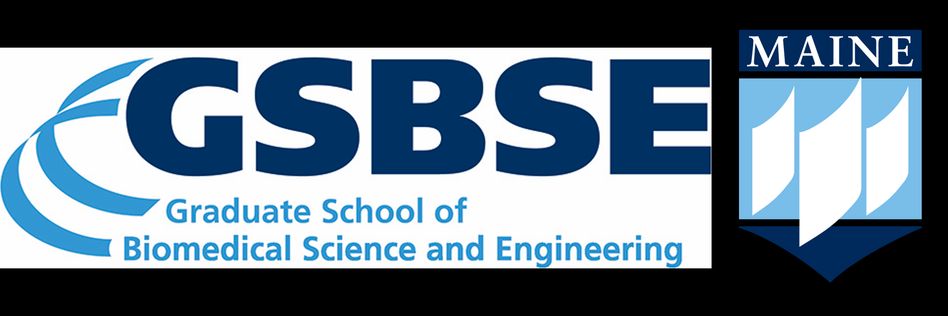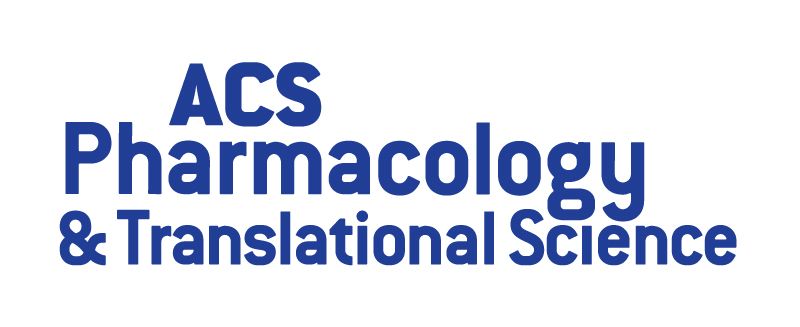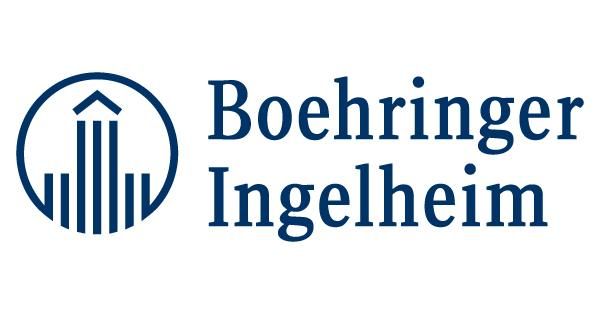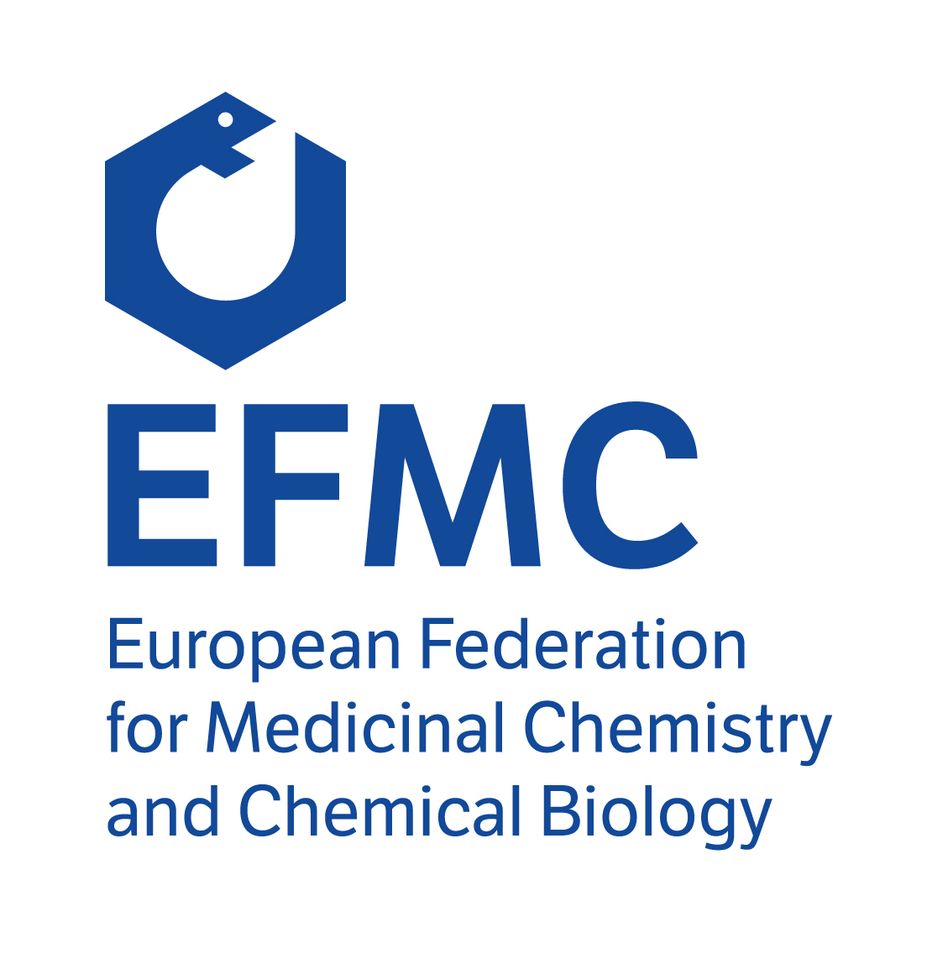
2nd Transatlantic ECI GPCR Symposium
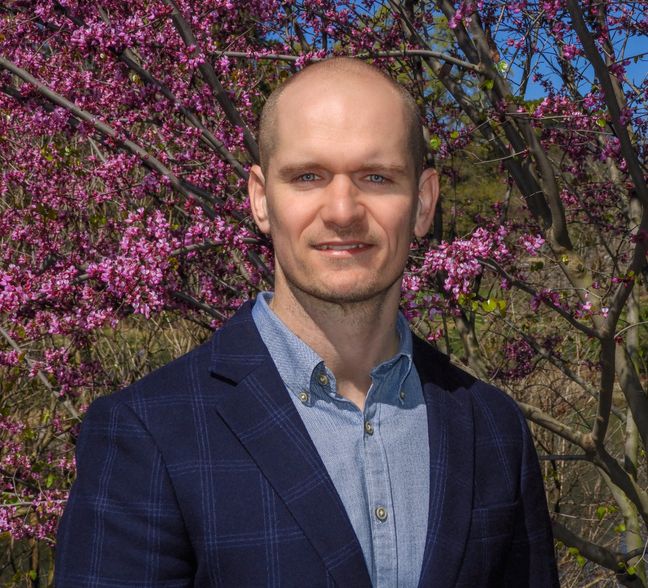
Keynote 1: David E. Olson
UC Davis, USA
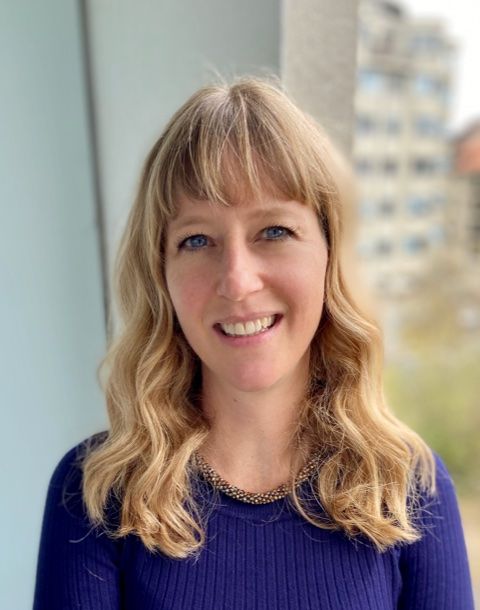
Keynote 2: Miriam Stoeber
University of Geneva, Switzerland
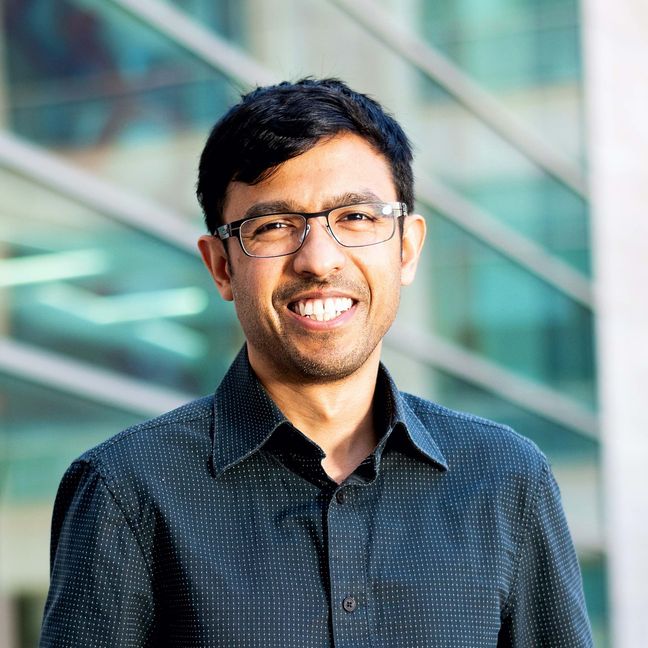
Aashish Manglik
UCSF, USA
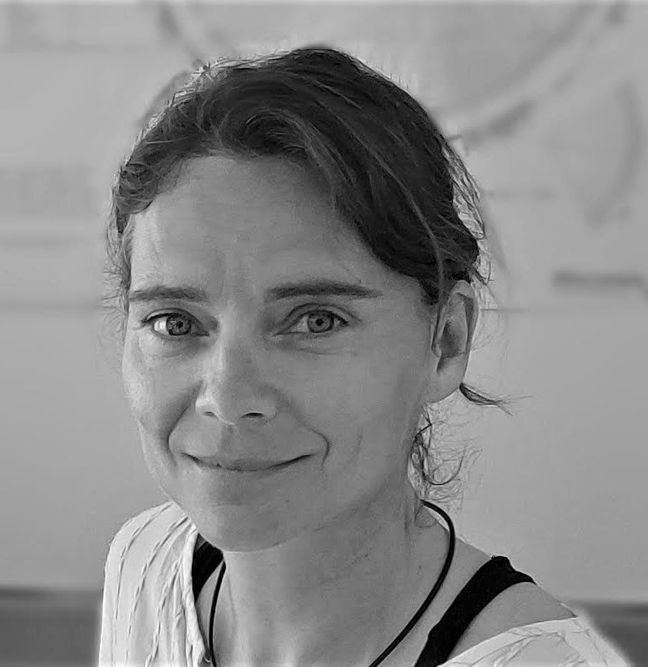
Jana Selent
Hospital del Mar Medical Research Institute/Pompeu Fabra University, Spain
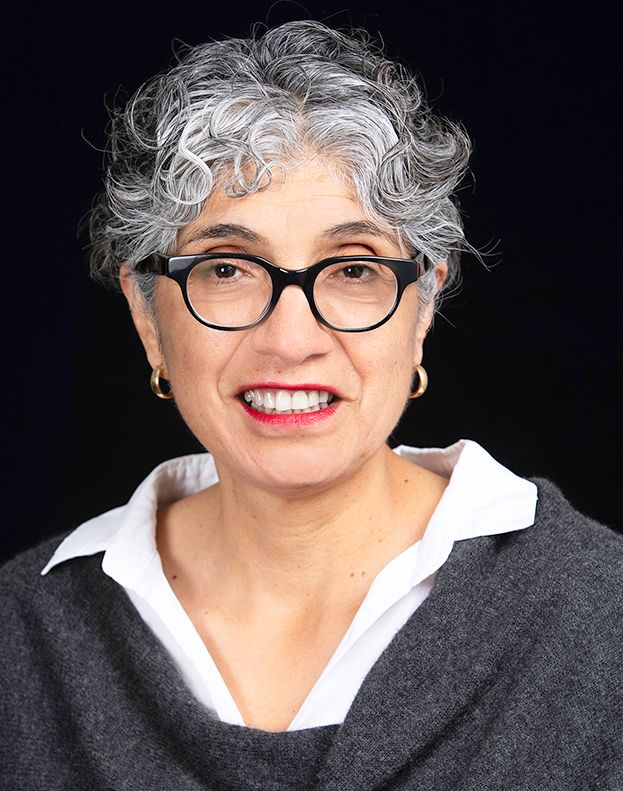
JoAnn Trejo
UCSD, USA
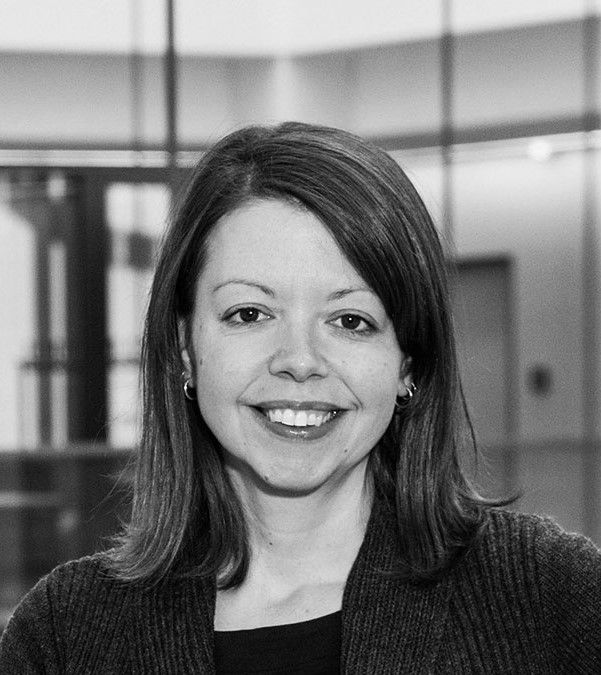
Martha Sommer
ISAR Bioscience, Germany
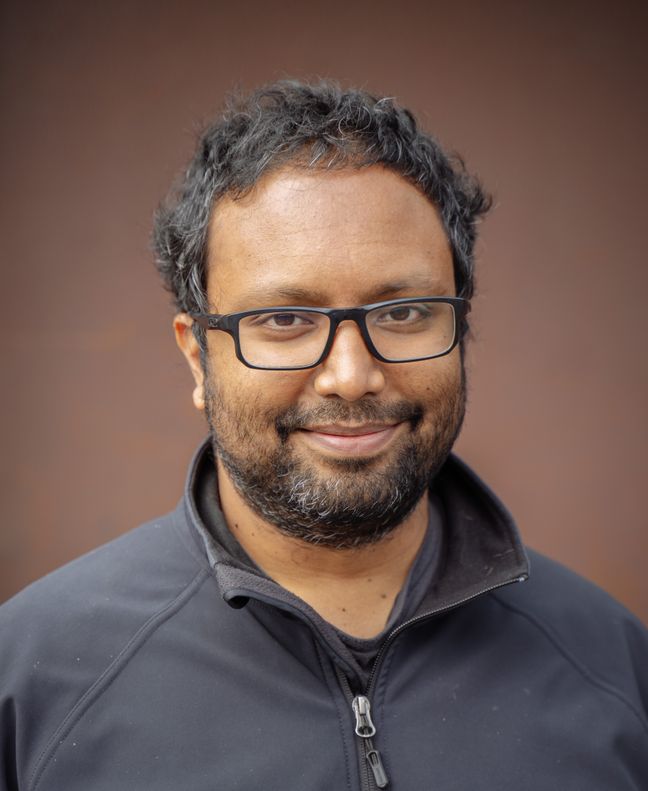
Sri Kosuri
Octant, USA

Chris De Graaf
Sosei Heptares
Location
Online event:
Dates
Registration period:
March 27, 2022 - 9:00 AM EDT - July 5, 2022 - 12:00 PM EDT
Submission period:
March 27, 2022 - 9:00 AM EDT - June 17, 2022 - 11:30 PM EDT
Contact us
If you have any questions, please contact ecigpcrsymposium@gmail.com
